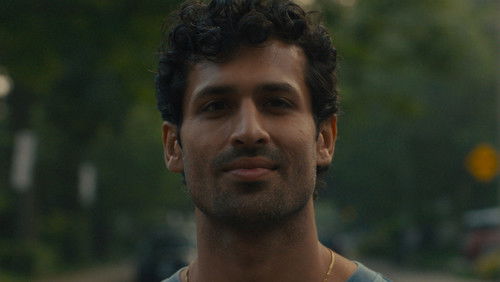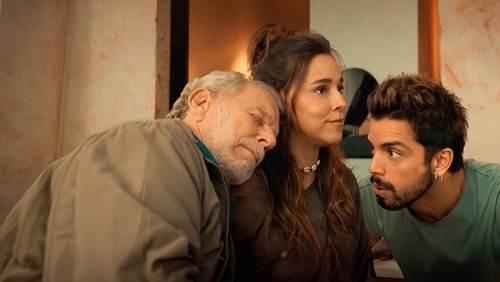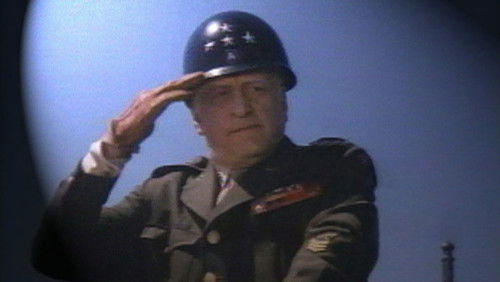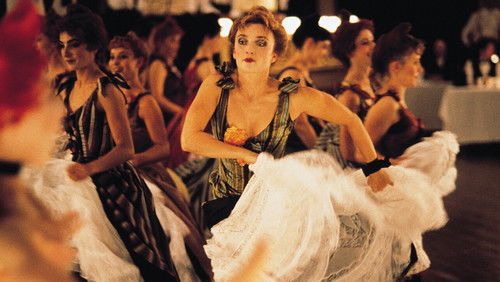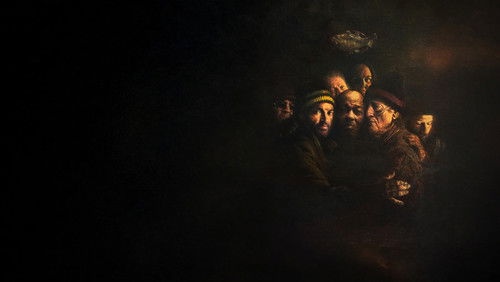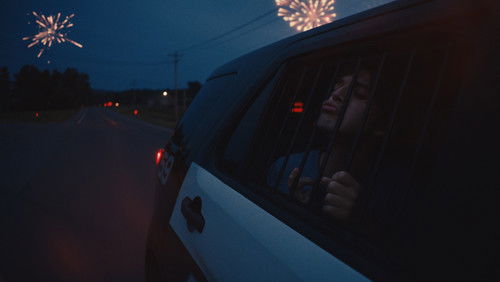British Agent (1934)
63KBritish Agent: Directed by Michael Curtiz. With Leslie Howard, Kay Francis, William Gargan, Phillip Reed. It’s 1917. In Russia, the Communist revolution is in full swing. Stephen ‘Steve’ Locke is a British agent in Russia. The main task of Steve is to prevent the Bolsheviks, led by Joseph Stalin, to sign in Petrograd a separate treaty with the Germans. Germany had been at war with its neighbors. Steve has to deal with Elena Moura, the attractive secretary of Lenin and spy too. Steve falls in love with Elena.
“The cast is tremendous in this 1934 Warner Brothers film, u0026quot;British Agent.u0026quot; Based on a 1932 book, the movie takes place mostly in Russia in the early days of World War I and of the Bolshevik Revolution. My high rating of the film is partly because of its historical value. It depicts very well those events and that time in history. Few movies have been made of these two events in relation to each other. Even with Hollywood changes and the natural nuances of the source writer, R.H. Bruce Lockhart in his memoirs, the movie has value for the historical events it covers. It also is credible in its portrayal of the culture and people, as well as costume and dress of the time. u003cbr/u003eu003cbr/u003eIt would be interesting to know how much the characters in the film are based on real people. Some are obvious – Vladimir Lenin and Leon Trotsky. But many others have fictitious names. Still, some are obvious from people in Lockhartu0026#39;s book. Itu0026#39;s not hard to get his connection with the male lead, Leslie Howard. In name – Lockhart and Locke, as well as in character. Howard plays Steve Locke who is vice-consul to the British embassy in St. Petersburg and Moscow. When the revolution breaks out and the embassy officials are called back to England, he is left behind as the sole British representative. Heu0026#39;s then the acting Consul for Great Britain to Russia. In real life, Bruce Lockhart was Acting British Consul- General in Moscow when the first Russian revolution broke out in early 1917. But he returned to England before the Bolshevik Revolution of October. In January of 1918, he returned as the UKu0026#39;s first envoy to the Bolsheviks. His main purpose was to persuade Russia not to sign a peace pact with Germany, and to come into WW I on the side of the Allies. Thatu0026#39;s very close to the portrayal of Lockeu0026#39;s character and his movements in this film, if not the exact titles he carried. u003cbr/u003eu003cbr/u003eKay Francis plays Elena Moura. She is the secretary to Commissioner of War Trotsky. She and Locke are the romantic element of this film, and it comes across as a believably deep-felt love between the two. Howard and Francis carry off this relationship very well, with a respect for each otheru0026#39;s ideology. In real life, Lockhart did not have this romance, but he helped the couple that did. British writer Arthur Ransome had been living and writing in Russia when he met Trotskyu0026#39;s secretary, Evgenia Petrovna Shelepina. After the end of the Bolshevik Revolution, Lockhart helped her get to England. She later married Ransome who became famous for his childrenu0026#39;s books. u003cbr/u003eu003cbr/u003eLockhartu0026#39;s life itself is very interesting for his wide travels and experiences. Itu0026#39;s every bit as intriguing as this film that is based on a short span of that life. Sir Robert Hamilton (R.H.) Bruce Lockhart, was a journalist, author, secret agent, British diplomat to Moscow and Prague, with other travel and business experiences as well. He also played football at Cambridge. He was a secret agent also in his consulate positions in Russia. He was a friend of Sidney Reilly. Lockhartu0026#39;s son, Robin, wrote the book about Reilly, u0026quot;Ace of Spies.u0026quot; It was the basis for the 1983 TV miniseries, u0026quot;Reilly, Ace of Spies.u0026quot;u003cbr/u003eu003cbr/u003eThe rest of the cast in this film are excellent. William Gargan, Cesar Romero, J.Carrol Naish, and several others play their parts superbly. The only drawback to this film is the sets and quality of the film. In places it seems very stagy. u003cbr/u003eu003cbr/u003eAs I said the historical aspects and book connection raise this film a couple notches. The only criticism I have is with the conduct of Howardu0026#39;s character, Locke. I donu0026#39;t know if Lockhart or anyone else in British intelligence of the time advised on this film. But if British intelligence operated as loosely in that day as it appears in this film, it would be no wonder to any viewers how the enemy could find out so much about Britainu0026#39;s operations. An example is the repeated scenes when Elena is visiting Steve and someone brings him information. Old Steve leaves doors open and talks freely about the matters so she can overhear him with no difficulty. And then, when he sees sheu0026#39;s gone a couple of times after that, he doesnu0026#39;t seem to think any more about it, or he disregards it. I would suppose that by WW II, British intelligence would have improved to a point that such loose and stupid behavior would get one shot or locked up as a collaborator or very bad source of leaks at the least. I wonder that no one thought about that when making the movie. Or was it shown that way on purpose? Perhaps it really was that way?u003cbr/u003eu003cbr/u003eThe movie opens in 1917 Petrograd outside the British embassy. The cityu0026#39;s name had been changed from St. Petersburg at the outbreak of WW I. St. Petersburg/Petrograd was then the capitol of Russia. In 1924 its name was changed to Leningrad, and after the fall of the Iron Curtain and collapse of the Soviet Union in 1991, the cityu0026#39;s name was changed back to St. Petersburg. There are many more interesting details about that time and those events. History buffs will have no difficulty finding articles on line. In the meantime, and for all others, this film serves as a good peek at the events and time. And, itu0026#39;s a film that most people should enjoy.”

